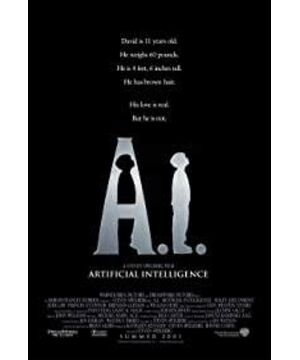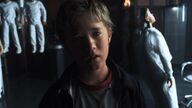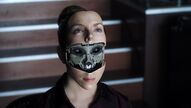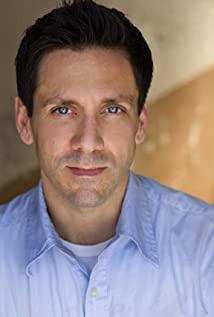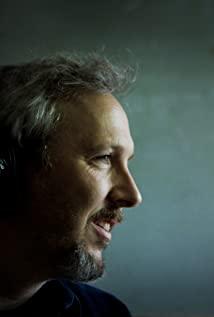If filmmakers had a mental age to portray, Spielberg wouldn't be very old. His consistent film creation process has shown the victory of the old children's psychology. On the other hand, Kubrick is definitely a person who has no hope of reality. Two people cannot meet. But "AI" made this intersection possible, and the result of that collision was that Spielberg surrendered to Kubrick's iron shoes. As you can imagine, Spielberg really wanted the film to have the luster of hope. The little boy's devotion to love, his devotion to becoming a human being, shows the brilliance of this hope. But there's a paradox in it, and that's what Kubrick will explore, the ultimate difference between humans and machines, and it's hopeless. If it is said that people can love to be human, but when machines can also love, people will only be indifferent and be human, because human beings have created such a machine that can love. What Kubrick wanted to tell was the shuddering fact that machines are cold but warm inside, and people are the opposite. Spielberg added a footnote to this, though, that such a warm machine was created by icy people. So in the end he realized a dream for the robot. Friends who watch the movie carefully will not forget the horror that pervades the film until the end. Whether the last paragraph was originally written by Kubrick in the script or added by Spielberg, there are different opinions. But even with a mellow ending, it still had a tinge of horror—perhaps a library-ish style that Spielberg couldn’t erase.
View more about A.I. Artificial Intelligence reviews


